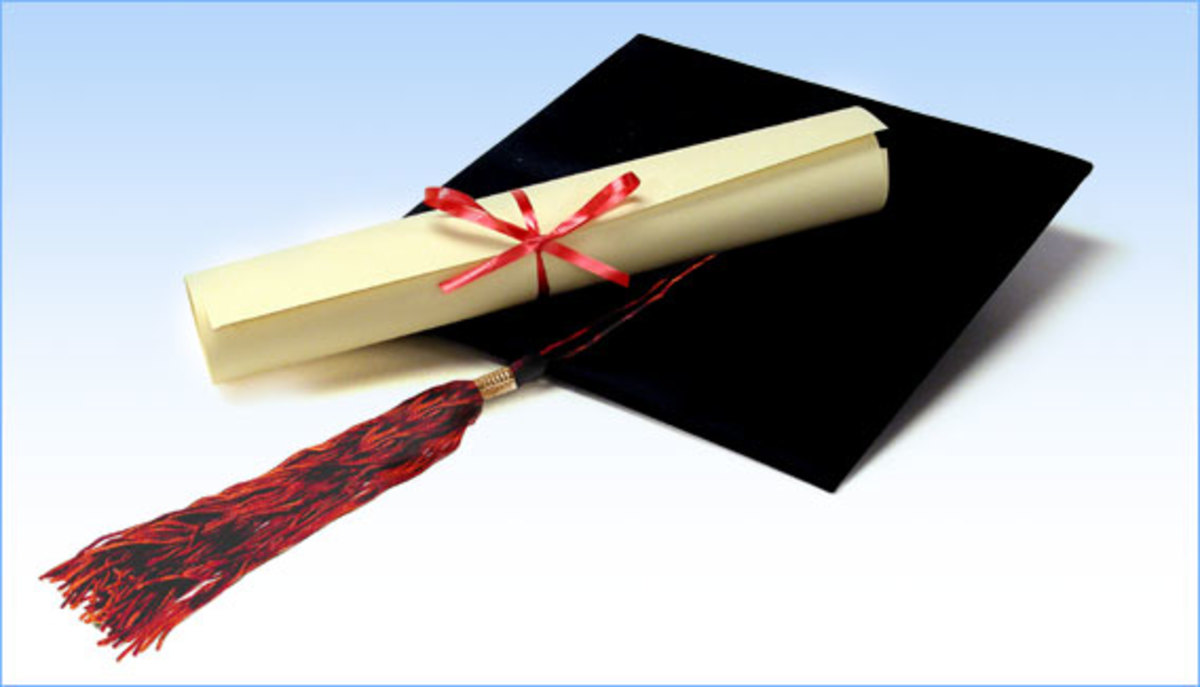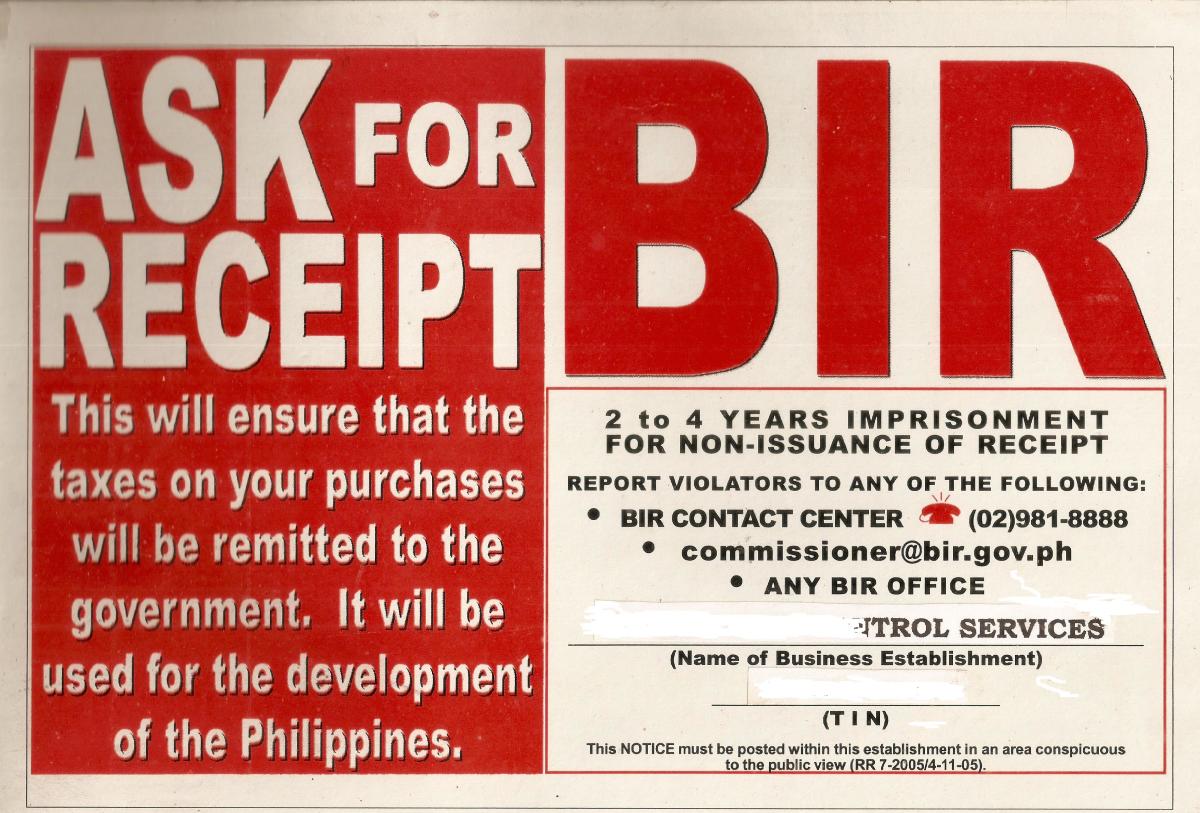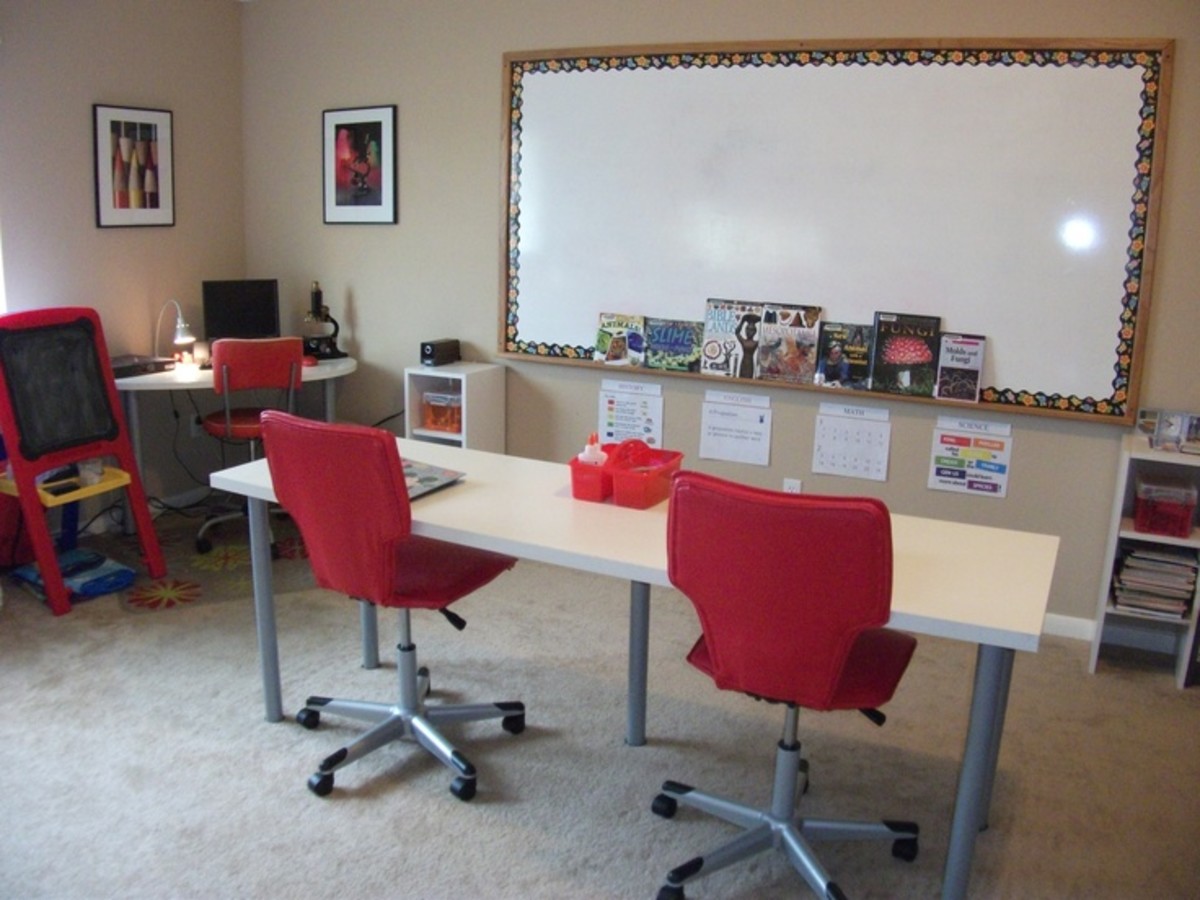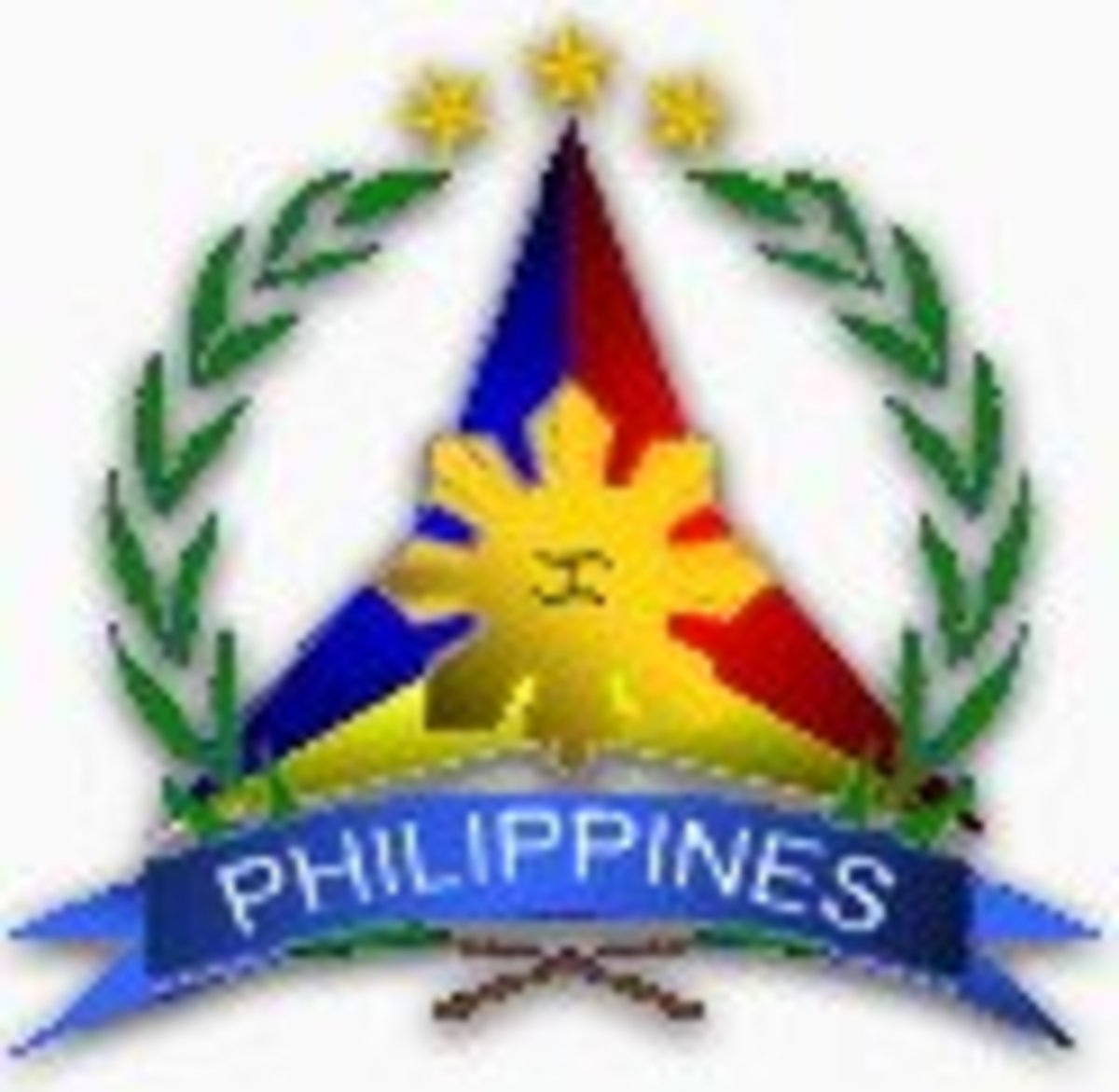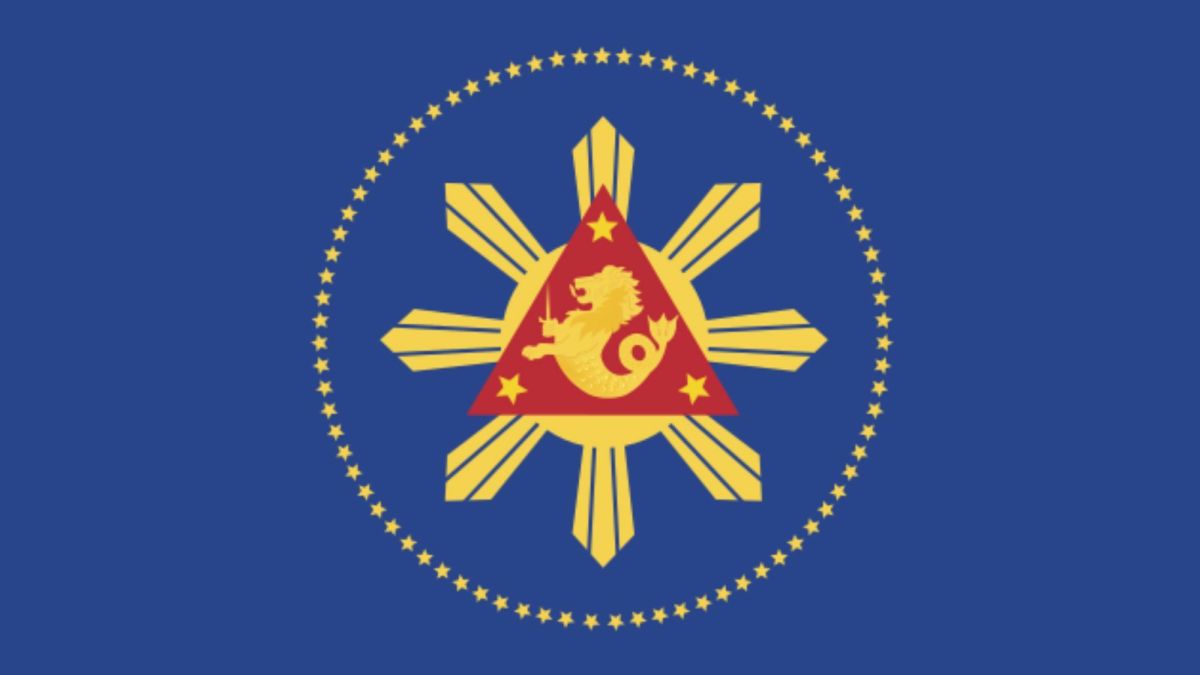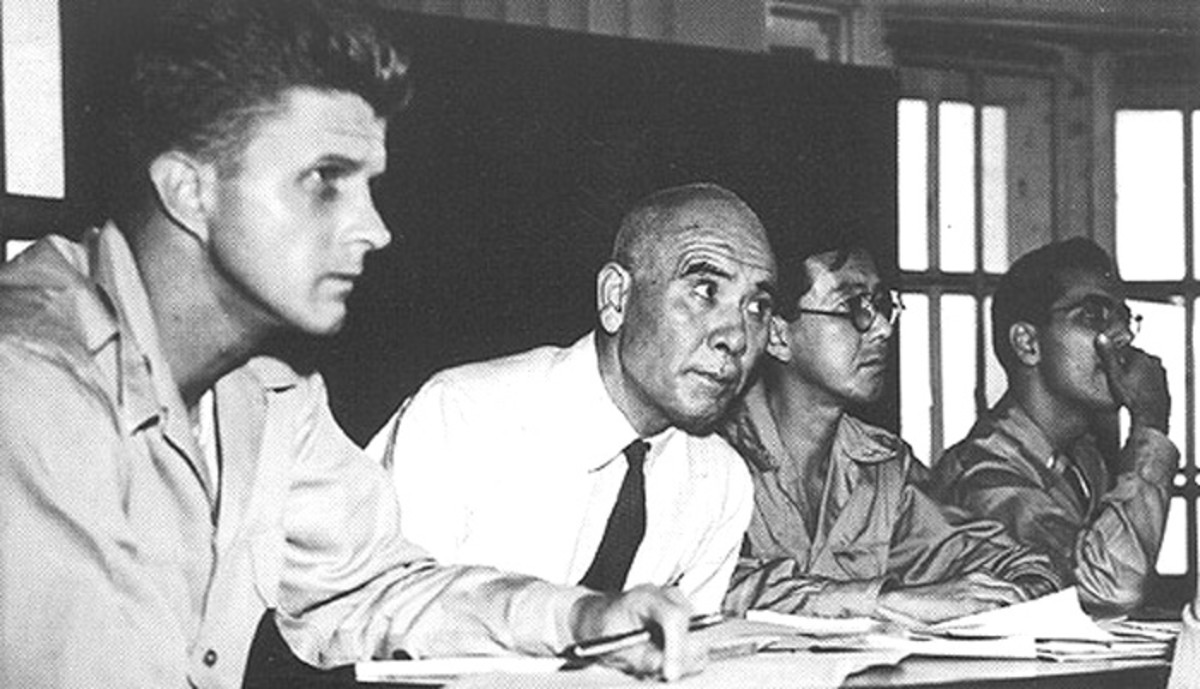Alternative Learning System: A Chance to Finish Basic Education in the Philippines
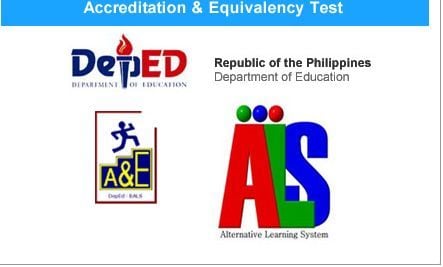
For some Filipinos, poverty is the major reason why they are not able to finish their education. There are those who simply stop going to school and instead find ways to help their parents make a living. There are also those who, after graduating from elementary will try to earn enough money in order for them to continue their secondary education. I admire those who try their best to pursue education beyond high school and finish a degree no matter how old they are because they know that education is the key to success. Thankfully, the Alternative Learning System under the Department of Education is a big help for those who wish to finish basic education and pursue a course in college as well.
What is the Alternative Learning System
The Philippine government has established Alternative Learning System (ALS) so that illiterate out-of-school children, youths and adults who are willing to learn will be able to complete basic education in a mode that fits their situations and needs. It is a program that seeks to help out-of-school youths, former inmates, members of cultural minorities, and those who cannot afford to have formal schooling. It includes both the non-formal and informal sources of knowledge and skills. Through ALS, many Filipinos who do not have the chance to finish basic education (Grades 1 – 6 and Years 1-4) either due to difficult circumstances or are in remote areas where school is not available can pursue their studies. It is the vision of the Alternative Learning System to empower Filipino out-of-school youth and adults to continue to learn on their own so they may improve their quality of life and that of their family, community and country.
The applicant must be at least 12 years old for elementary (Grades 1- 6), and 16 years old for High School (Year 1-4). The requirements are the following:
- Authenticated Birth Certificate
- Latest Report Card (Form 138) or Permanent Record (Form 137)
- Barangay certificate
- 2-4 pcs. 2x2 IDs with name tags and signature at the back
How is it Conducted?
Learning facilitators and teachers who are employed by the Department of Education and also hold regular teaching items conduct the Alternative Learning System. They go to a sitio or barangay with set of learning materials on scheduled days each week to conduct sessions at any place convenient to the learners. They teach at places like the Community Learning Center, Barangay Multi-Purpose Hall, at the homes of the learners, or at any other available venue.
The Alternative Learning System utilizes modules which are for the basic and lower elementary levels. Modules for advanced elementary and secondary levels are designed for self-learning. There are learning areas in the Alternative Learning System which are called learning strands. They are the equivalent of the “subjects” being taught in the formal school system.
Learning Strands of Alternative Learning System
The following are the learning strands in the Alternative Learning System K-12 Basic Education Program:
Learning Strand 1
- Communications Skills, English – involves the 5 macro skills namely listening, speaking, reading, writing and viewing.
- Communications Skills, Filipino
Learning Strand 2
- Scientific Literacy and Critical Thinking Skills – to enable learners to apply critical thinking skills and problem solving in daily life situations
Learning Strand 3
- Mathematical and Problem Solving Skills – focus on scientific literacy and numeracy skills; intended to develop in 17 years old youths, older youths and adults by learning how to:
- Organize new knowledge
- Gather and analyse information
- Categorize things and ideas
- Make comparisons
- Infer principles from evidence
- Critique one’s own thinking
- Evaluate options as a basis of decision making
- Apply the scientific process
- Seek explanations for applying the scientific process
- Support assertions with evidence
- Overcome obstacles and find a better way of doing things
- Apply principles to draw conclusions
- Learn independently
Learning Strand 4
- Life and Career Skills – focuses on the attitudes, skills, and knowledge necessary for earning a living and promoting a sustainable life through:
- Employment or self-employment, and entrepreneurship
- Sustainable consumption
- Conserving resources for future generations
- Productivity and using work-related skills, knowledge, values and technology
Learning Strand 5
- Understanding the self and Society – endeavors to encourage learners to continue developing knowledge, attitude, values, and skills in order for them to be responsible citizens in the society they live in.
Learning Strand 6
- Digital Literacy – addresses the needs of the learners to develop a whole new range of information and communication technologies (ICTs) related skills to be effective citizens in an increasingly digital world.
Accreditation & Equivalency Test
After 8 – 10 months or 800 hours of learning under the Alternative Learning System, learners are going to take the ALS Accreditation and Equivalency (ALS A & E) Test. The Accreditation and Equivalency Test is a multiple choice paper and pencil test which is designed to measure the competencies of those who studied under the Alternative Learning System. After passing the test, ALS officials together with the facilitators, may opt to conduct a graduation ceremony to indicate that learners have successfully completed the program. Passers will be given a certificate or diploma that bears the Department of Education seal and the signature of the secretary. The certificate or diploma certifies their competencies as equivalent to formal school system graduates. A & E Test passers are then qualified to enroll in formal secondary and post-secondary schools if they wish to.
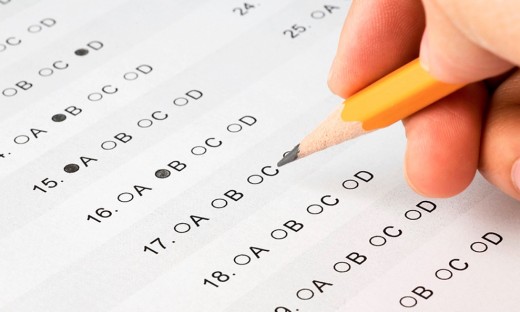
Manny Pacquiao, a Product of Alternative Learning System
Do you know that the People's Champ, the only eight-division world champion in the history of boxing, and now a senator of our country, Manny Pacquiao is a product of Alternative Learning System? Due to poverty, he was not able to finish his secondary education. He was a first year high school drop-out, mostly because he was their family's bread winner and boxing was his source of income. Under the Alternative Learning System, he was able to pass the Accreditation and Equivalency Test. That made him a high school graduate and he was able to pursue his education in college. He was then named as the DepEd's Ambassador for the ALS and People’s Champ for Education. If not for ALS, he wouldn't have finished college and be a senator now.
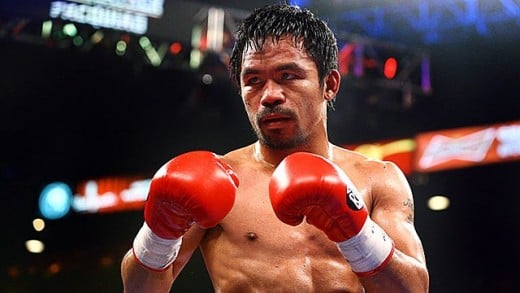
Alternative Learning System is a chance for those who would like to go back to formal schooling. As long as they do their best and attend the scheduled sessions, there’s a great chance they will pass the A&E Test. Who knows? Maybe a once dropped-out student will someday become a high official of the Philippine government because of the chance Alternative Learning System has given him. As the old saying goes, “If there’s a will, there’s a way.”

